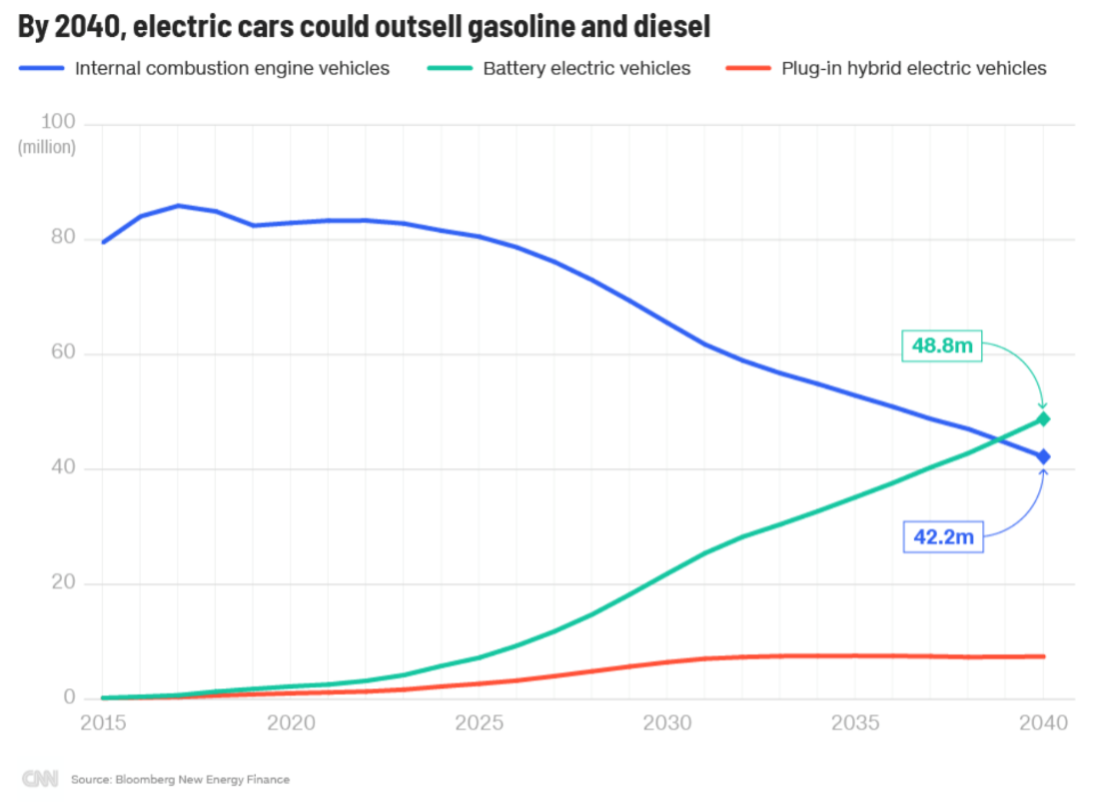
As we investigate the future of the automotive industry, it’s clear with technology developing and changing, the industry will continue to evolve with this impact. With additions such as automation, electric vehicles and many other automotive-related updates, the industry will continue to adjust and adapt.
Massive technology-driven disruption, intensified by COVID-19, has accelerated the pace of transformation and shifted talent strategies, according to the latest report from The Adecco Group. As traditional automakers move to embrace new standards, it is becoming increasingly clear that now more than ever companies must review their talent strategy to accommodate this shift.
Key Trends for the Automotive Industry
When we look into the key trends within the automotive industry, technology plays a huge role. In a recent report by Adecco, subject matter experts examined the way technology is vastly reshaping the automotive and mobility industry. These are some of the 10 trends laid out in the “Future of Talent in the Automotive Mobility Industry” report:
- By 2030, the automotive industry will likely look completely different than it does now – and companies are chasing that growth and the new workforce that comes with it. In the next 10 years, automotive companies will need more workers trained in automation, robotics, and Artificial Intelligence (AI).
- Autonomous vehicles are expected to be on the road by 2030, requiring an entirely new skillset in machine learning, computer vision, sensor processing, and more to design the guiding intelligence of autonomous cars.
- Electric vehicles, too, will continue to have a big impact on the automotive industry. By 2025, an estimated 25% to 35% of all cars sold will be hybrid cars, plug-in cars, or fully electric vehicles. That demand will place increased pressure on companies to build new platform architecture to support advanced driving technologies.
- Companies will need to upskill or reskill their workforce to meet the demand for different types of engineers, specialists, service teams, and much more – leading to a big impact on their talent strategies.
- All this comes as the industry wrestles with a more digitalized future where Gen Z will emerge as key decision makers across the world, shifting consumer patterns and behaviors. Ensuring business continuity requires a deeper, more meaningful and holistic assessment of companies’ talent strategies.
The ways in which companies can recalibrate their talent strategy priorities to build a technology-first future and culture will be imperative to ensure competitiveness in this evolving market.
How Automation and Electric Vehicles Are Changing the Game
In a recent article from Infosys by Nitesh Bansal, Senior Vice President and Head of Manufacturing Practice notes that, “We’ve all heard Mary Barra, CEO, General Motors, repeatedly refer to how the automobile industry is changing more today than it has in five whole decades, as it awaits a revolution in personal transportation. The change this is bringing is not only fundamental but deep-rooted, caused by actors on the outside such as Tesla and Uber, slowly but surely making both driver and owner redundant with their autonomous vehicles and ride-sharing model. The impact is starting to show.”
Bansal continues his thoughts by noting, “As traditional automakers struggle to stay profitable in the short term, and alive in the long, we believe that automation – in each of the three most important entities in the ecosystem, namely manufacturers, financiers, and dealers – could provide the answers.”
In addition to automation, electric vehicles continue to impact the industry as well. According to this article by Charles Riley with CNN, “…dramatic declines in the price of batteries will allow leading automakers to sell fully electric vehicles for less than cars powered by gasoline and diesel as soon as 2022. Electric cars, they argue, are already gaining traction: As recently as 2010, annual sales were close to zero. “There’s just such an incredible amount of money being poured into electric cars,” said Al Bedwell, the director of global powertrain at LMC Automotive.” I’ve been looking at this industry for 20 years, and my real gut feeling is that it’s kind of unstoppable now.”
Learn more through this data chart by CNN:

These large shifts within the automotive industry have allowed Adecco to strategize and solve for future staffing needs. This includes filling new, niche roles such as Quality Techs and Engineers, Safety Managers, Line Supervisors, Designers, and many others that may have not existed previously, while also filling roles that have been around for decades.
Adecco’s Approach
Our team of experts is dedicated to staying “in the know” with the latest updates for automotive technology and trends. As another example, this study “The Green Economy” from our parent company, The Adecco Group, highlights discussions around transformative processes within the global automotive industry. Being at the intersection of fundamental societal and economic shifts and megatrends such as mobility, sustainability, interconnectivity, and AI, expectations about the innovative power of the automotive industry soar high. The Adecco team identified disruptive key industry trends that will drive change in the automotive industry in the decades to come, you can read more here.
As an organization, Adecco values the automotive industry and has the ability to rapidly source and hire candidates with the right experience, expertise, and passion, and place them directly to fill our customer’s needs. Learn more about our strategic solutions through this manufacturing case study as well as our entire resources section. Our teams at Adecco are ready to solve your specialized automotive needs.
